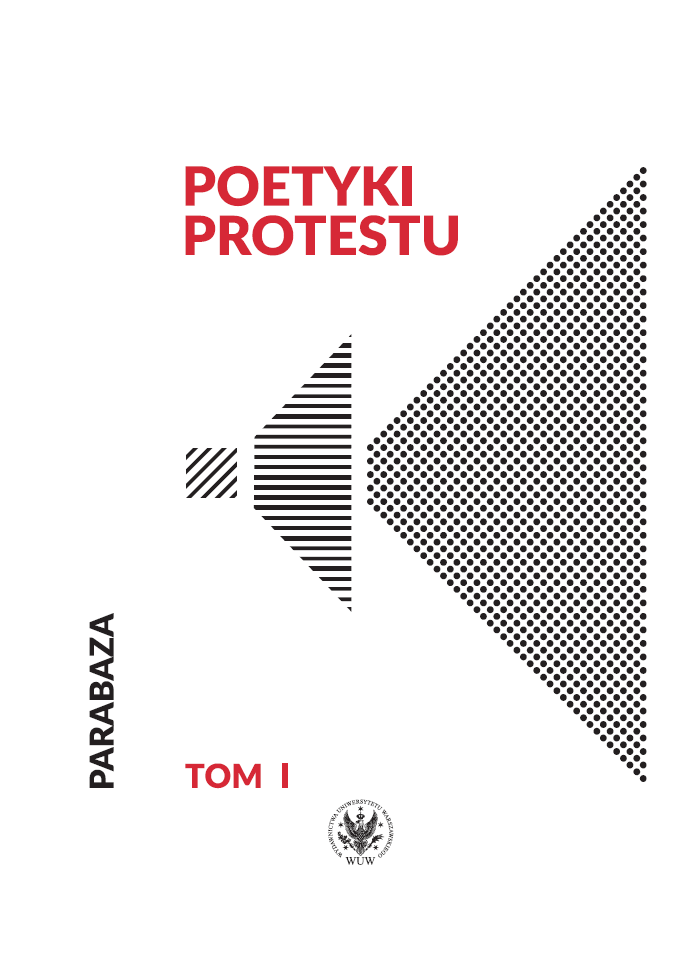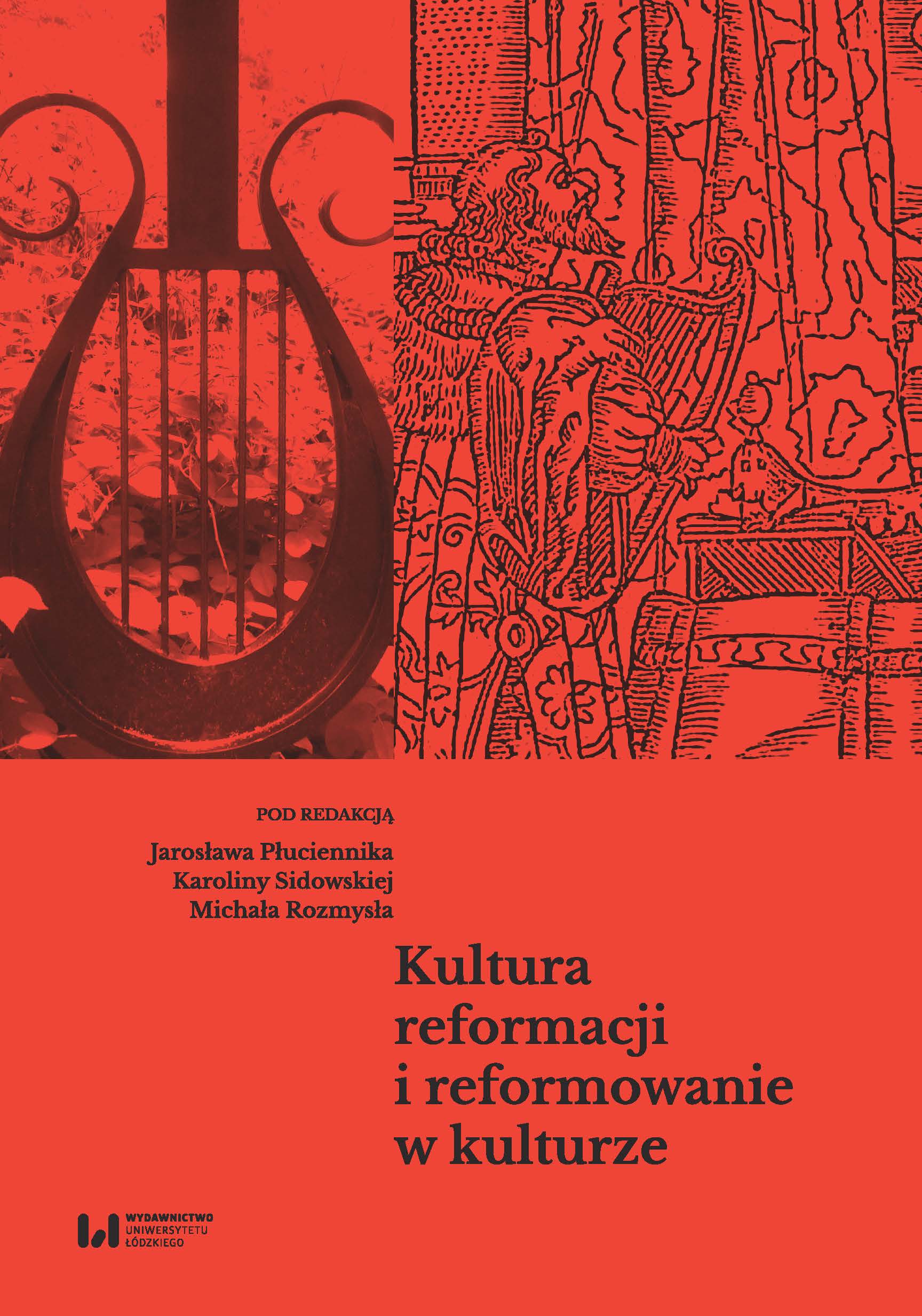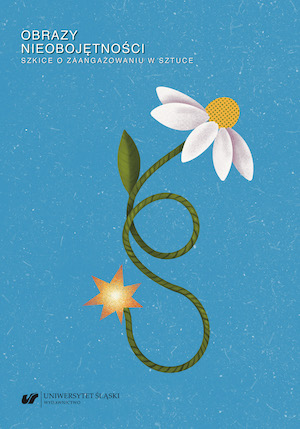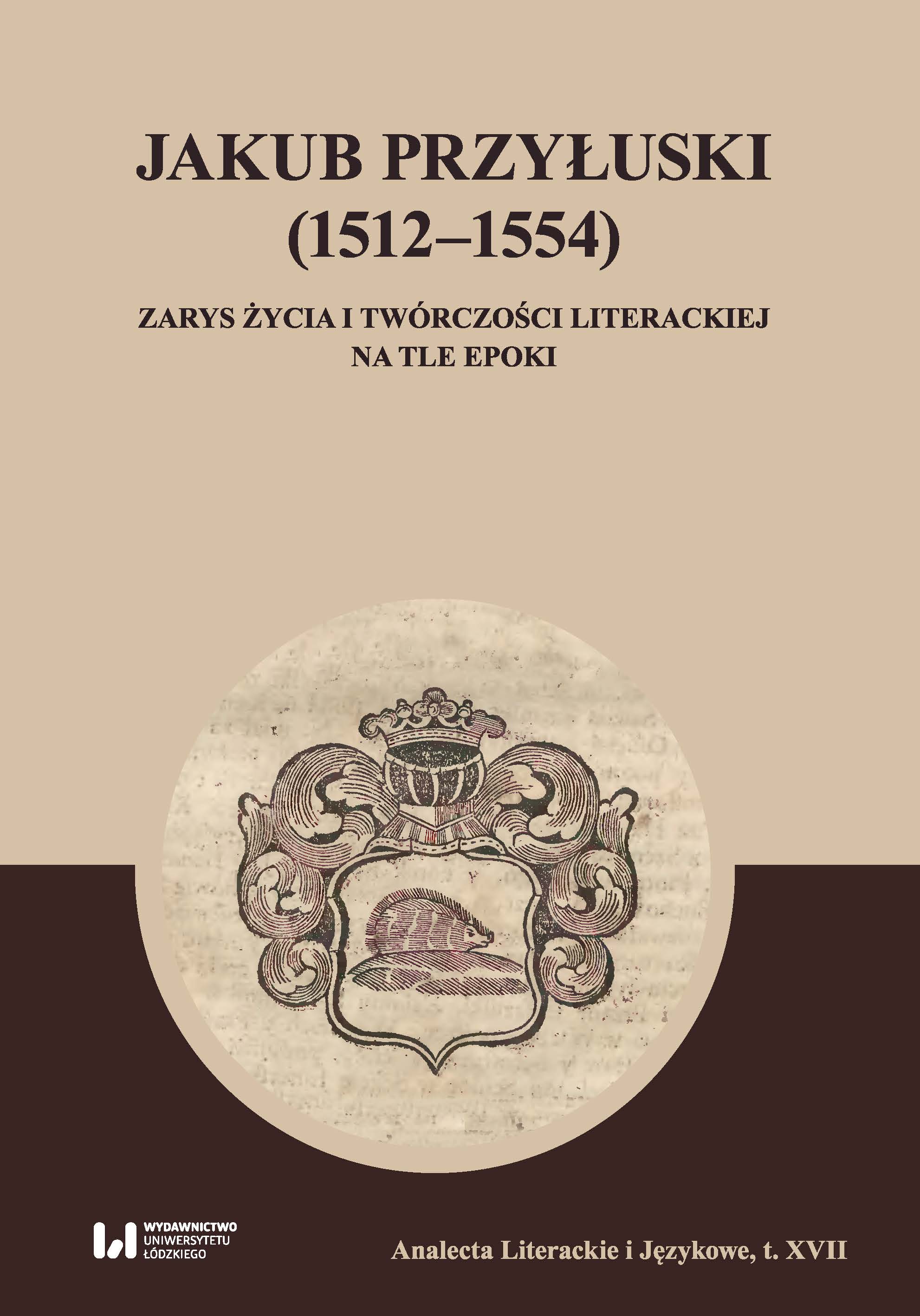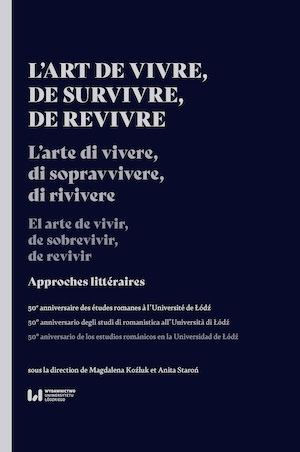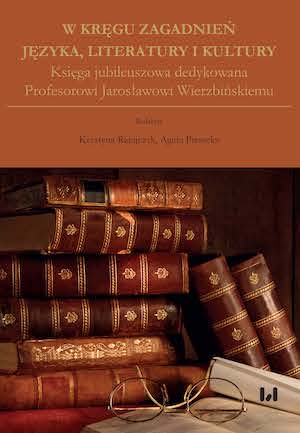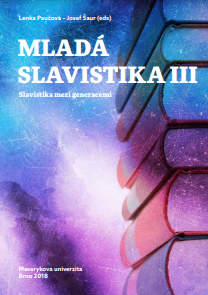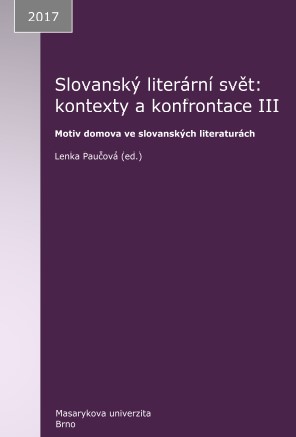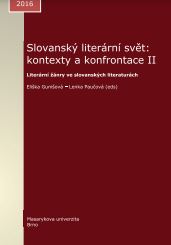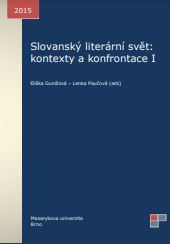Author(s): Maria Wichowa / Language(s): Polish
Publication Year: 0
Jakub Przyłuski was born around 1512. He came from Jeżów, in the Rawa region, in Mazovia. He was the son of Mikołaj and came from a noble family. It is known that he died at the beginning of 1554. The poet signed himself as Jacobus Priluscius, but he also used the following forms: Jessovius, Jeżowita, Jeżowita — a bachelor. On July 30, 1528 Przyłuski began studies at the Krakow Academy. Little is known about this period of his life. For many years he was associated with the court of the Kraków voivode, Piotr Kmita (1477–1553), where he was employed as a secretary. From the will of a patron, from April 1540, for eight years he was a town writer in Przemyśl. Jeżowita, as a Przemyśl town writer, described the meaning of court books in a Latin verse. He parted with Przemyśl for good, when in 1551 he took over the position of a Kraków land writer after Jan Taszycki. Przyłuski established cooperation with the Prussian prince Albrecht, who, as we know, created the center of Lutheran Reformation thought in the capital city of Königsberg, which has little impact on the literary work of Jeżowita. In his poetry, Przyłuski has a lot of occasional poems, including laudatory ones, praising the literary successes of befriended authors and texts on funeral subjects. The works by Przyłuski that have been waiting for his researcher are discussed here, as well as Latin texts printed as elements of the publishing framework of books, the importance of which was praised by Jacobus Priluscius. Jeżowita’s literary output has been partially lost. What is left is urgently waiting for the philologist-editor and translator to prepare a volume of collected works by Jakub Przyłuski, in a bilingual version. Latin texts for the study of meticulous researchers, texts in Polish translation for a wide circle of readers.
More...
